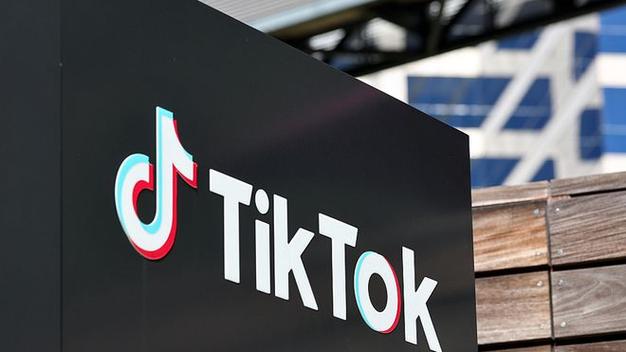TikTok announced plans today to explore smart home technology integration. The company aims to reshape how users interact with social media and home devices. Recent reports suggest TikTok’s parent company, ByteDance, is developing tools to connect its platform with smart appliances, lighting systems, and security cameras. This initiative seeks to create a seamless link between digital content and physical living spaces.
(Tiktok And Smart Home Future Technology Life Vision)
Industry experts note the move aligns with growing demand for interconnected home ecosystems. TikTok’s algorithm could adapt to user behavior in real time, suggesting recipes when a smart fridge detects ingredients or adjusting lighting based on video content preferences. Early prototypes include voice commands tied to TikTok trends, allowing users to control devices through popular audio clips or hashtags.
Smart home manufacturers like Samsung and Google expressed interest in potential collaborations. A partnership could enable TikTok to embed its services directly into third-party devices. Analysts predict this crossover might attract younger audiences to smart home tech, a market traditionally dominated by older demographics.
Privacy concerns remain a key challenge. Critics warn combining TikTok’s data collection practices with home automation raises risks. ByteDance emphasized user data protection as a priority, stating all smart home features will follow strict privacy protocols. Regulatory bodies in multiple countries are monitoring developments closely.
The project’s pilot phase will launch in select markets by late 2024. Initial tests focus on integrating TikTok’s AR filters with smart mirrors and syncing workout videos with adjustable home gym equipment. User feedback will shape long-term goals, including AI-driven mood adjustments via lighting and music based on watched content.
Tech analysts highlight the strategy’s potential to redefine social media’s role beyond screens. If successful, TikTok could set a precedent for platforms merging virtual engagement with tangible lifestyle enhancements. Competitors like Meta and Snapchat are reportedly accelerating similar projects, signaling a broader industry shift toward blending digital and physical experiences.
(Tiktok And Smart Home Future Technology Life Vision)
Market research indicates the global smart home sector could double by 2030, reaching $600 billion. TikTok’s entry introduces both innovation and disruption, challenging traditional tech giants while appealing to Gen Z’s preference for interactive, customizable environments.

